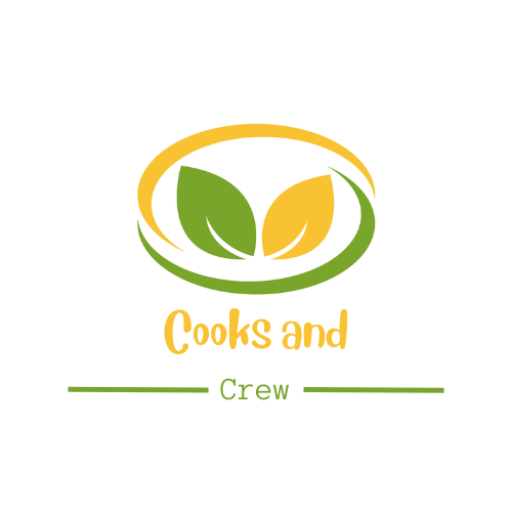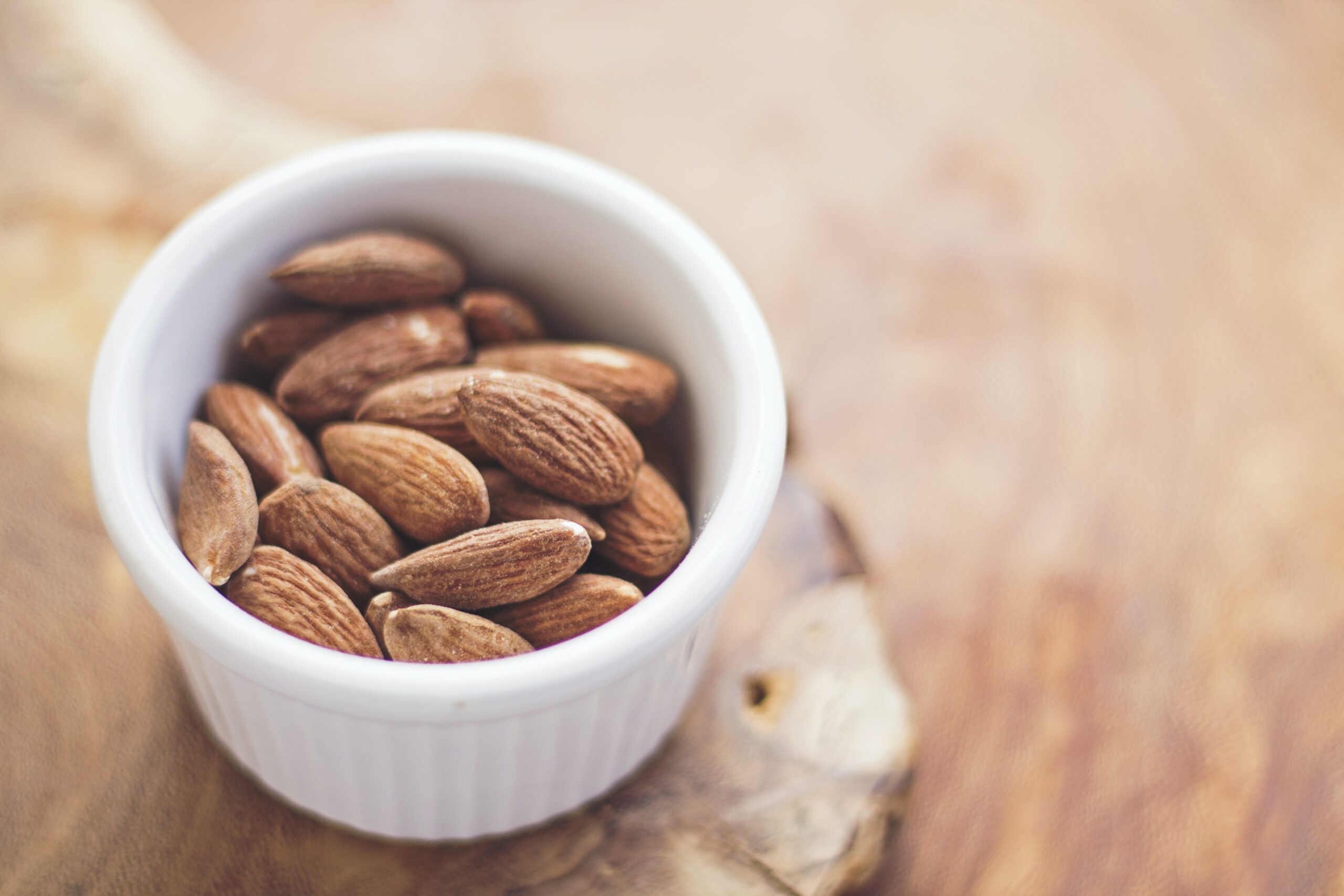
If you’re someone who is passionate about food and wants to enhance their culinary skills, this article is the perfect guide for you. Whether you’re a novice cook or an experienced chef, learning how to get better at cooking is an ongoing journey. From exploring new recipes to mastering essential techniques and even developing your own personal cooking style, this article will provide you with practical tips and insights to help you become a more accomplished cook in no time. So grab your apron, sharpen your knives, and get ready to take your culinary skills to the next level!
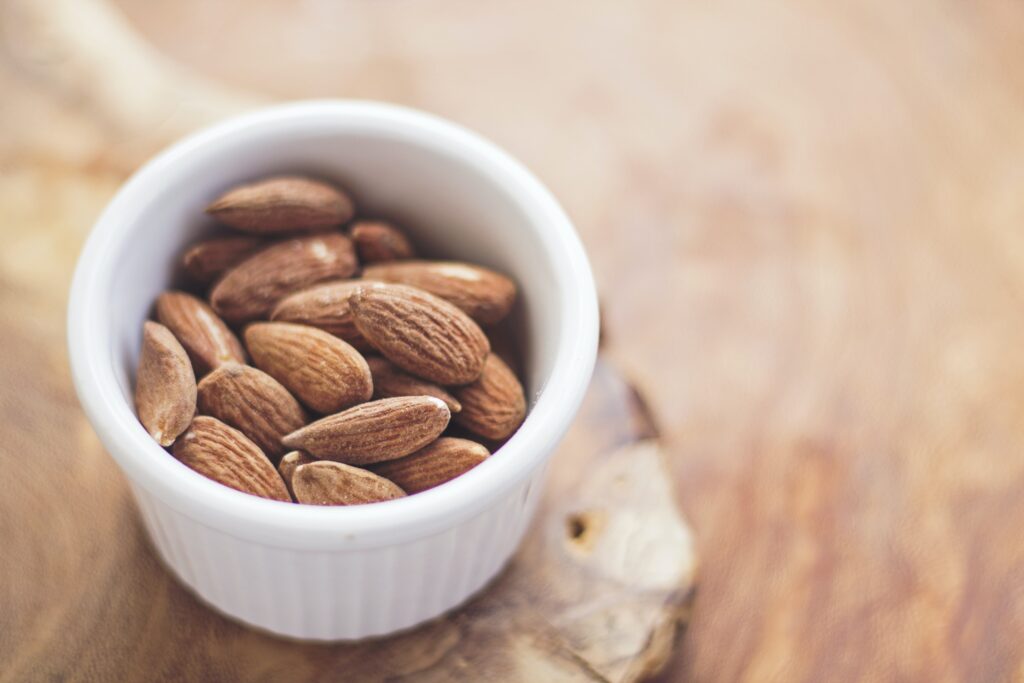
1. Start with the Basics
1.1 Learn and Master Essential Cooking Techniques
When it comes to cooking, it’s essential to have a strong foundation in basic cooking techniques. These techniques serve as the building blocks for countless recipes and give you the skills you need to create delicious meals. Start by learning how to sauté, stir-fry, roast, bake, and boil. Each technique requires different temperatures, timings, and methods of cooking, so take the time to understand the principles behind them. Practice these techniques regularly, and before you know it, you’ll become a pro at them!
1.2 Get Familiar with Basic Ingredients
To become a better cook, you need to have a good understanding of basic ingredients and how they work together. Familiarize yourself with staple ingredients like onions, garlic, herbs, and spices. Learn how to properly store them and how different ingredients can impact the flavor of a dish. Additionally, understanding the difference between various cuts of meat and types of vegetables is crucial for creating well-balanced and delicious meals. By having a solid knowledge of basic ingredients, you’ll have the confidence to experiment and create your own culinary masterpieces.
2. Expand Your Culinary Knowledge
2.1 Explore Different Cuisines
A great way to enhance your cooking skills is to explore different cuisines from around the world. Each cuisine has its own unique flavors, cooking techniques, and ingredients. Trying out recipes from various cultures allows you to broaden your culinary horizons and learn new techniques and flavor combinations. Experiment with dishes from Italian, Thai, Indian, Mexican, and many other cuisines. Not only will it be a delightful adventure for your taste buds, but it will also inspire you to think outside the box and incorporate new elements into your own cooking.
2.2 Learn about Flavor Pairings
Understanding which flavors work well together is key to creating tasty dishes. Take the time to study different flavor pairings, such as sweet and savory, spicy and tangy, or creamy and acidic. By knowing which ingredients complement each other, you can create harmonious flavor profiles in your dishes. Some classic pairings include tomatoes and basil, lemon and garlic, and chocolate and raspberry. As you experiment with flavor combinations, don’t be afraid to try out new and unexpected pairings. You might discover some delightful surprises along the way!
2.3 Study Basic Culinary Terminology
Just like any field, cooking has its own language. To better understand recipes and instructions, it’s helpful to study basic culinary terminology. Familiarize yourself with terms such as sauté, simmer, blanch, and braise. Knowing these terms will enable you to follow recipes accurately and understand the techniques being used. Additionally, understanding culinary terms will make it easier for you to communicate with other cooks and chefs. So, take out your culinary dictionary or search online for resources that explain common culinary terms, and soon enough, you’ll be speaking the language of the kitchen like a pro!
3. Invest in Good Quality Tools and Equipment
3.1 Essential Cookware and Utensils
Having the right tools and equipment is essential for efficient and enjoyable cooking. Invest in high-quality pots, pans, baking sheets, and cooking utensils. Opt for materials such as stainless steel, cast iron, and non-stick coatings that distribute heat evenly and are durable. Don’t forget about essential items like measuring cups, mixing bowls, and a good set of cooking utensils. Having reliable cookware and utensils will make a significant difference in your cooking experience and ultimately in the outcome of your dishes.
3.2 Knives and Cutting Tools
A sharp and well-maintained knife is a cook’s best friend. Invest in a high-quality chef’s knife and a paring knife, which are the most versatile tools in the kitchen. Learn proper knife handling techniques to ensure safety and efficiency while chopping, slicing, and dicing. Additionally, acquire a variety of cutting tools like a vegetable peeler, kitchen shears, and a mandoline slicer to make food prep faster and more precise. Remember, a well-prepared mise en place is the key to successful and stress-free cooking.
3.3 Kitchen Gadgets and Appliances
While gadgets and appliances aren’t essential for every cook, they can certainly make your cooking experience more enjoyable and convenient. Consider investing in a blender, food processor, stand mixer, or immersion blender, depending on your needs and cooking style. These appliances can make tasks like pureeing, mixing dough, or whipping cream a breeze. However, be mindful of cluttering your kitchen with unnecessary gadgets. Assess your cooking habits and determine which tools will truly enhance your culinary skills and streamline your cooking process.
4. Develop Your Knife Skills
4.1 Proper Knife Handling
To become a confident and efficient cook, mastering the art of knife handling is crucial. Start by holding the knife correctly – grip the handle firmly with three fingers and place your index finger and thumb on the blade near the bolster for control. Practice proper hand positioning and motion, and always remember to use a cutting board with a stable surface. By holding the knife correctly and practicing safe cutting techniques, you’ll not only improve your efficiency in the kitchen but also reduce the risk of accidents.
4.2 Knife Techniques: Chopping, Slicing, Dicing
There are several essential knife techniques that every cook should learn. Chopping, slicing, and dicing are fundamental skills that can be used in countless recipes. Practice slicing vegetables into thin, even slices. Master the technique of chopping herbs quickly and efficiently. Learn how to dice onions, garlic, and other ingredients into small, uniform pieces. As you practice these techniques, focus on developing a consistent and controlled cutting motion. With time, your knife skills will become second nature, allowing you to handle any ingredient with ease and precision.
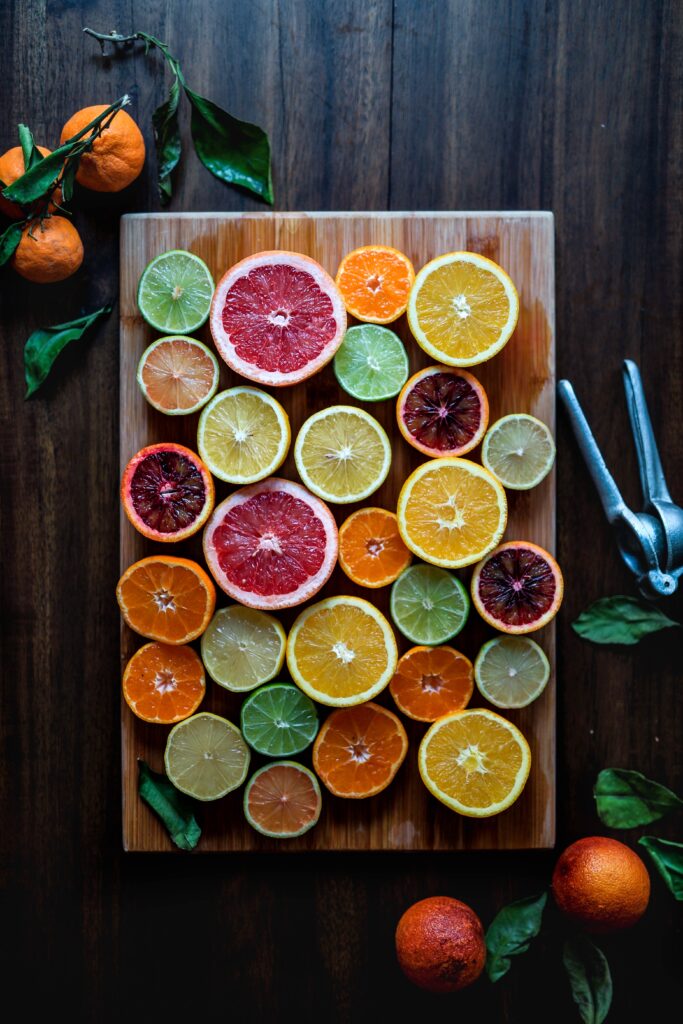
5. Practice Time Management and Organization
5.1 Plan Meals in Advance
One of the secrets to successful and stress-free cooking is meal planning. Take some time each week to plan your meals, considering your schedule, dietary preferences, and ingredients you already have on hand. Create a shopping list based on your meal plan to ensure you have everything you need. By planning ahead, you can save time, reduce food waste, and avoid the last-minute stress of figuring out what to cook. Additionally, planning allows you to incorporate variety and balance into your meals, ensuring you have a well-rounded diet.
5.2 Prep Ingredients before Cooking
Before you start cooking, take the time to prepare and organize your ingredients. This process, known as mise en place, involves measuring, chopping, and arranging all the ingredients that will be used in the recipe. Mise en place not only helps you stay organized but also allows for a smoother cooking process. Having everything ready reduces the chances of overcooking or forgetting an ingredient. Plus, it makes the entire cooking experience more enjoyable and stress-free.
5.3 Clean as You Go
Keeping a clean and organized kitchen is vital for efficient cooking. Instead of leaving a pile of dirty dishes and cluttered countertops, make it a habit to clean as you go. Wash utensils, cutting boards, and bowls while your food is cooking or baking. Dispose of food scraps and wipe down surfaces to maintain a clean work area. Not only will this save you time in the long run, but it will also make your cooking experience more enjoyable and less overwhelming. Plus, you’ll have a beautiful, clean kitchen to enjoy your delicious meals in!
6. Experiment with Different Recipes
6.1 Start with Simple Recipes
When it comes to improving your cooking skills, starting with simple recipes is key. Choose recipes with just a few ingredients and basic techniques to build your confidence in the kitchen. Practice making a perfect omelet, whipping up a simple pasta dish, or mastering a homemade salad dressing. As you become comfortable with these recipes, gradually move on to more complex ones. Starting small allows you to understand the foundations of cooking and develop a strong culinary repertoire.
6.2 Gradually Challenge Yourself with Complex Dishes
Once you feel confident in your basic cooking skills, it’s time to challenge yourself with more complex dishes. Try your hand at making homemade bread, attempting a multi-layered cake, or experimenting with intricate sauces. Don’t be afraid to make mistakes – they are part of the learning process. Embrace the challenge and approach each new recipe with curiosity and determination. With each complex dish you conquer, you’ll gain valuable experience and elevate your cooking skills to new heights.
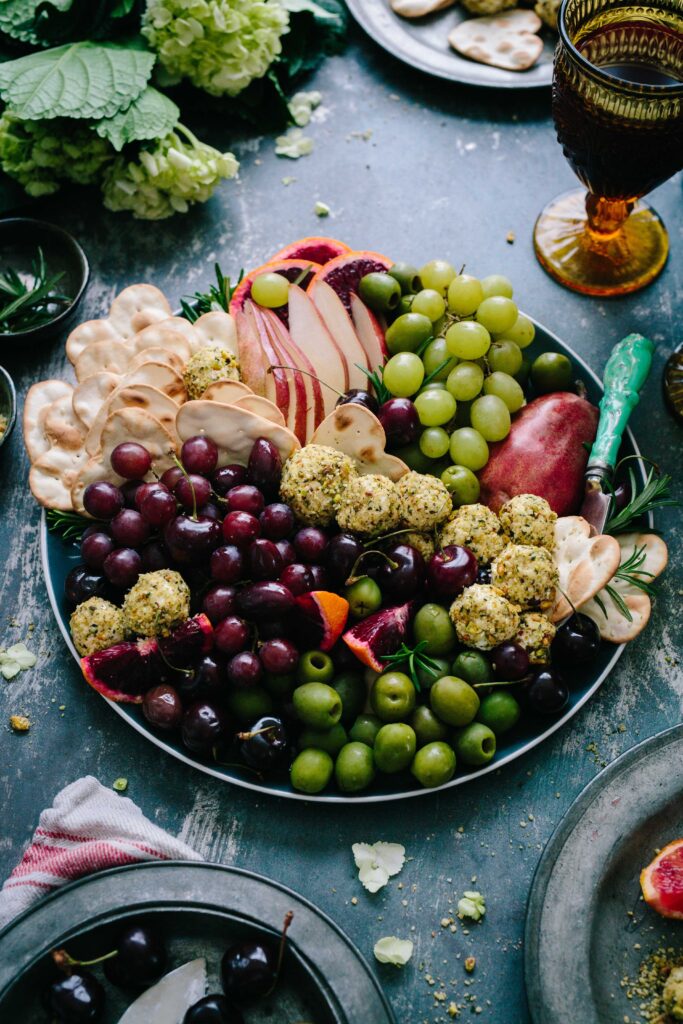
7. Incorporate Healthy Cooking Techniques
7.1 Reduce Unhealthy Fats and Sodium
Healthy cooking doesn’t mean sacrificing flavor; it means finding alternative ways to enhance taste while reducing unhealthy ingredients. Cut back on excessive fats and oils by using cooking methods like baking, grilling, steaming, or sautéing with minimal oil. Experiment with spices, herbs, and citrus to add flavor to your dishes without relying on excessive salt. By reducing unhealthy fats and sodium, you can create nutritious and delicious meals that promote overall well-being.
7.2 Use Substitutions for Healthier Ingredients
One of the great things about cooking is the ability to experiment and substitute ingredients. Explore healthier alternatives for common ingredients to boost the nutritional value of your meals. For example, swap refined grains with whole grains, substitute butter with olive oil or mashed avocados, and use Greek yogurt instead of heavy cream. Get creative and discover new ways to make your favorite recipes healthier. Not only will you be nourishing your body, but you’ll also be honing your culinary skills.
8. Enhance Your Flavor Game
8.1 Perfect the Art of Seasoning
Seasoning is an essential skill for any cook aiming to create delicious and well-balanced dishes. Experiment with different types of salt, such as kosher salt, sea salt, or flavored salts, to enhance the flavors of your ingredients. Remember to season throughout the cooking process, rather than just at the end, to build depth and complexity in your dishes. Taste as you go and adjust seasoning accordingly. With time and practice, you’ll develop a keen sense of how different flavors interact and how to create perfectly seasoned meals.
8.2 Experiment with Herbs and Spices
Herbs and spices are the secret ingredients that can transform an ordinary dish into something extraordinary. Delve into the world of herbs and spices and experiment with different varieties and combinations. Whether it’s the earthiness of rosemary, the warmth of cinnamon, or the pungency of Thai basil, herbs and spices add layers of flavor that can take your cooking to new heights. Don’t be afraid to try new combinations or tweak traditional recipes with your favorite herbs and spices. The more you explore, the more you’ll learn about the incredible variety of flavors available to you.
9. Learn from Professionals and Other Cooks
9.1 Take Cooking Classes
One of the best ways to improve your cooking skills is by learning from professionals. Consider enrolling in cooking classes or workshops either in person or online. These classes will not only teach you new techniques and recipes but also provide valuable insights into the world of professional cooking. You’ll gain access to expert tips and guidance that will elevate your skills and broaden your culinary knowledge. Additionally, taking cooking classes can be a fun and engaging way to meet like-minded food enthusiasts and share your love for cooking.
9.2 Watch Online Tutorials and Cooking Shows
In this digital age, there is an abundance of resources available at your fingertips. Take advantage of online tutorials and cooking shows to expand your culinary repertoire. Platforms like YouTube and cooking websites offer a wealth of instructional videos that cover a wide range of cooking topics and techniques. Find chefs and cooks whose style resonates with you and follow their channels for regular inspiration. By watching and learning from experienced cooks, you’ll gather new ideas, techniques, and recipes to incorporate into your own cooking.
9.3 Join Food Communities and Discussion Forums
Engaging with fellow food enthusiasts can be a fantastic way to learn, share, and exchange ideas. Join online food communities, cooking forums, or social media groups dedicated to culinary discussions. Share your own experiences and pose questions to connect with a network of passionate cooks. Participating in these communities allows you to learn from the experiences of others, discover new recipes, and seek advice when needed. The shared knowledge and support will inspire you to continue honing your skills and foster a sense of camaraderie among fellow cooking enthusiasts.
10. Embrace Failure and Keep Practicing
10.1 Learn from Mistakes
In the journey to becoming a better cook, failures are inevitable. Embrace these moments as valuable learning opportunities. If a dish doesn’t turn out as you expected, take the time to analyze what went wrong. Was the temperature too high, or did you overseason it? By understanding your mistakes, you can make adjustments and improve the next time around. Remember, even the most skilled chefs make mistakes, but it’s their ability to learn from them that sets them apart.
10.2 Stay Persistent and Keep Trying
Becoming a better cook takes time and practice. Don’t get discouraged if your first attempts are not perfect. Stay persistent and keep trying. Every time you step into the kitchen, you’re building your skills and expanding your culinary knowledge. Celebrate your successes, no matter how small, and use them as motivation to continue improving. With each meal you prepare, you’ll gain more confidence and expertise. So keep experimenting, exploring, and enjoying the journey of becoming a better cook. The rewards will be a lifetime of delicious meals and the joy of sharing your culinary creations with others.
In conclusion, becoming a better cook involves a combination of knowledge, practice, and passion. Start with the basics, mastering essential techniques and familiarizing yourself with ingredients and flavors. Invest in quality tools and equipment that will enhance your cooking experience. Develop your knife skills and practice proper time management and organization. Challenge yourself with different recipes, experiment with healthy cooking techniques, and elevate your flavor game. Learn from professionals and other cooks through classes, tutorials, and communities. Embrace failure as part of the learning process and stay persistent in your quest to become a better cook. So, put on your apron, sharpen those knives, and get ready to embark on a delicious culinary journey that will bring joy and satisfaction to your kitchen and dining table. Happy cooking!
